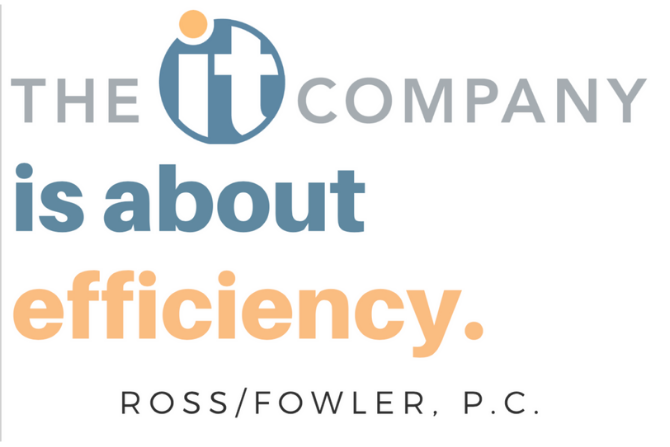Shifting the Focus: From Closing Tickets to Reducing Ticket Dependence
For many IT support teams, the number of tickets resolved within a specific timeframe has been a key performance metric. While this approach might seem efficient on the surface, it often results in a cycle of repetitive issues and frustrated end-users. The ticket-centric mindset tends to treat the symptoms without addressing the disease itself, leading to a continuous influx of similar tickets.
The True Cost of High Ticket Volume
A high volume of IT tickets can have far-reaching consequences for an organization:
-
Resource Drain: Overwhelmed IT teams spend a significant amount of time and effort dealing with tickets, leaving less room for strategic initiatives and innovation.
-
Reduced Productivity: Frequent IT issues disrupt employee workflows and hinder productivity, ultimately impacting the organization's bottom line.
-
Negative User Experience: Employees or customers who frequently encounter IT problems may develop a negative perception of the organization's technological capabilities.
-
Escalation Cascade: Unresolved issues often escalate to higher levels of management, creating a burden on leadership and potentially damaging relationships.
-
Stagnant Growth: A constant stream of tickets prevents IT teams from focusing on proactive measures to enhance systems, thereby inhibiting the organization's growth potential.
At The IT Company we are shifting the Paradigm: Fixing the Underlying Issues
Instead of perpetuating a cycle of ticket submission and closure, we take an approach that prioritizes addressing the root causes of IT issues.
How?
By investing time in understanding the common issues that lead to ticket submissions and analyzing patterns to identify recurring problems- we are able to focus on not only closing tickets efficiently, but reduce the need for organizations to submit tickets.
Once we have identified a root cause of an issue, our team can often take proactive steps to prevent known issues from recurring. Our team has established a culture of continuous improvement within. Encouraging them to collaborate, share insights, and develop long-term solutions.
By prioritizing the reduction of ticket submissions and addressing underlying issues, organizations can reap several benefits:
-
Enhanced User Experience: Reduced IT issues lead to smoother operations, happier employees, and improved customer satisfaction.
-
Efficient Resource Allocation: IT teams can dedicate more time to strategic initiatives and innovation, contributing to the organization's growth.
-
Cost Savings: Fewer IT tickets result in lower operational costs associated with issue resolution and support.
-
Improved Reputation: A reputation for robust IT systems and quick issue resolution can positively impact an organization's brand image.
While closing IT tickets promptly is important, it is equally vital to focus on minimizing their occurrence by fixing underlying problems. Embracing a proactive approach to IT support can lead to enhanced efficiency, improved user experiences, and overall organizational growth.
It's time to shift the emphasis from ticket closure to long-term problem-solving.
-1.png?width=150&height=70&name=The%20IT%20Company_Final%20(1)-1.png)
.png)
.png)
